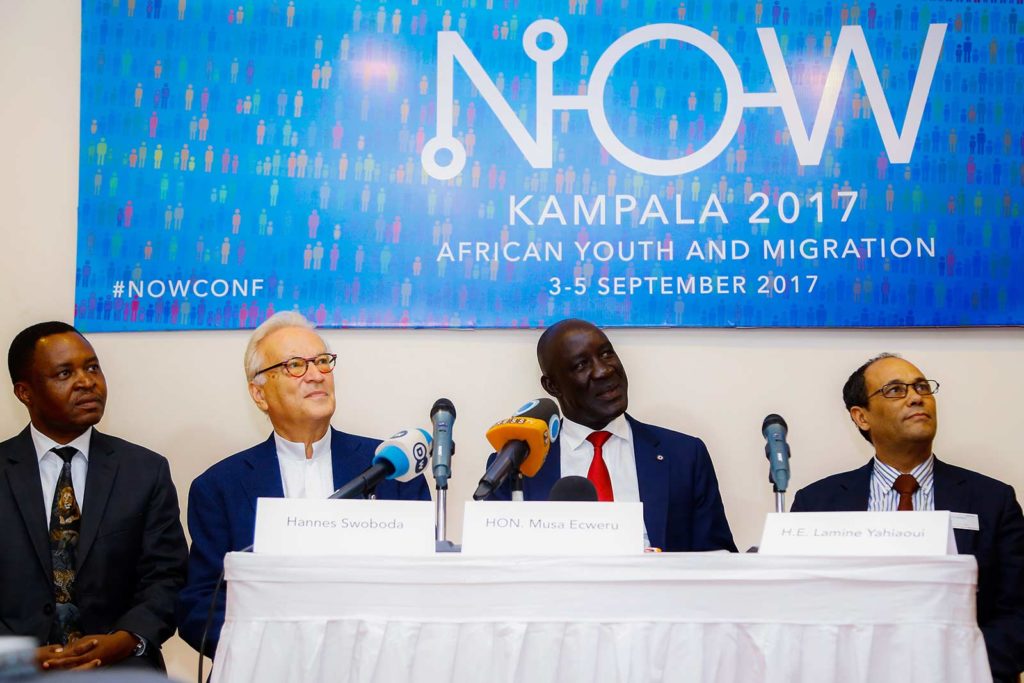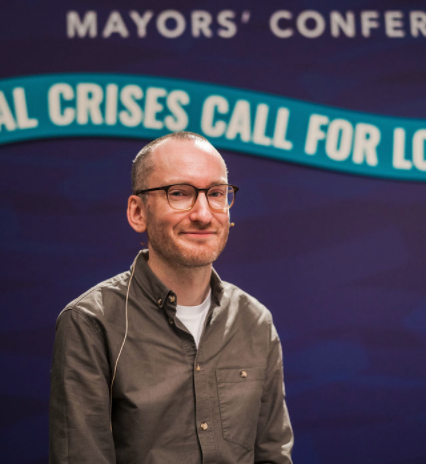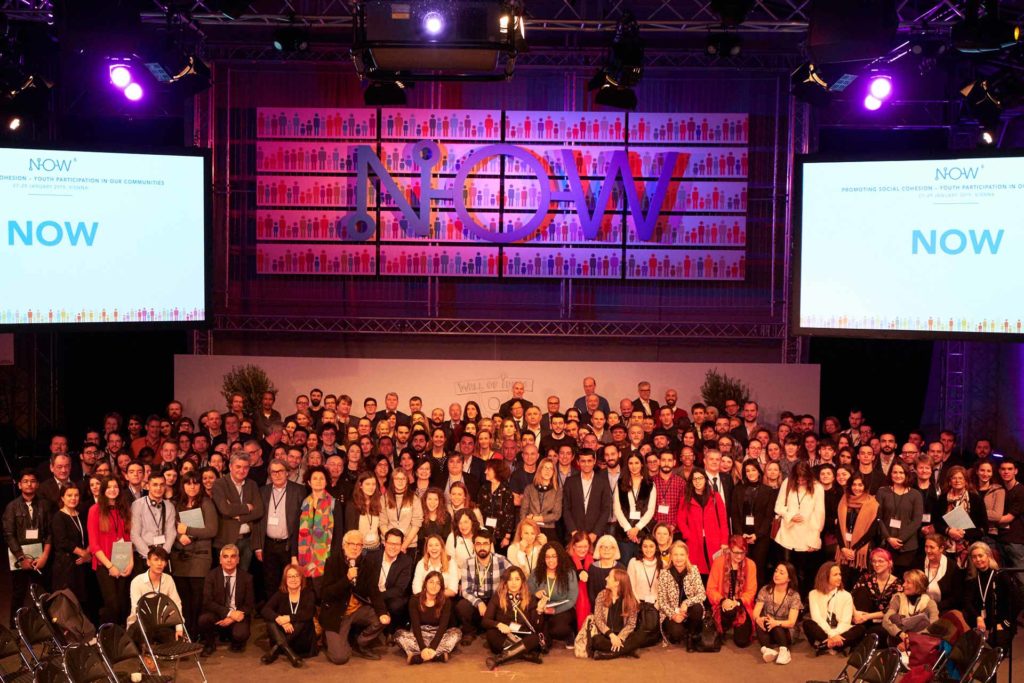Hosted by the former Member of the European Parliament, Hannes Swoboda, the 4th NOW Conference on “African Youth and Migration” from September 3-5, 2017 in Kampala, Uganda gathered about 40 experts from more than 10 mostly Sub‐Sahara and some European countries. Politicians, refugees, youth and NGO representatives discussed the situation of young refugees and migrants within Africa and beyond as well as perspectives of African Youth.
Musa Ecweru, Uganda State Minister for Disaster Preparedness, Management and Refugees, stressed that refugees as victims of conflicts, climate change or persecution are most vulnerable and must be received and supported. Even though the influx of great numbers of refugees in a short period of time is a big challenge, Uganda will never give up its unique refugee policy. Participants agreed that when the local population lacks in solidarity or is envious of the support of refugees it is necessary to have them benefit equally from newly established infrastructure like schools and health centres instead of trying to stop the influx by closing borders.
“We have to see migration not as threat, but as an opportunity”, said Hannes Swoboda.
Migration has always been going on, rather than fighting the phenomenon it needs a positive approach. Whereas, when Europeans leave their countries, mobility is appreciated as a positive
feature and they become ‘expats’ abroad, African people who leave their countries turn into ‘migrants’ and are often received in a hostile manner.
As the vast majority of people would stay at home, if they saw a future for themselves and their families in their countries, it is essential that African governments fight the root causes for flight and migration with support of Europe. Young African leaders, like Victor Ochen, Founder, African Youth Initiative Network (Uganda), stresses that for African youth emigration must not be the first choice or only option, but they need to stand a chance to stay, live and work in Africa to build a better future.
One of the common conclusions, as Gerald Abila, Founder of Barefoot Law, Uganda, put it, was: “There are so many reasons to leave Africa, but then again there are many more to stay.”
The Key findings and recommendations of this NOW Conference in Kampala will be published and advocated at the 5th AU-EU Summit in November this year. All attendees took part very
actively and confirmed their willingness to promote the ideas and conclusions of this conference in the upcoming months to influence the deliberations and outcomes at the 5th EU‐Africa Summit in Côte d’Ivoire. For more information please follow the link: www.now-conference.org/kampala2017
Due to the conflict in South Sudan, Uganda became the country in Africa hosting the largest number of refugees, currently 1.4m. Uganda has one of the most generous and progressive approaches to receiving refugees. They are granted relative freedom of movement, access to primary education, healthcare and the right to work, immediately after arrival. In settlements, they are allocated pieces of land to live, grow food and start their own businesses, to make them self-sufficient in five years and no longer depend on humanitarian aid. Uganda admits refugees on its territory irrespective of nationality, ethnicity, or religion.
Of 65.6 million forcibly displaced people worldwide, Africa hosts 30% (Europe 17%). 21.3 million are refugees, more than half of them are children and youth under the age of 18. 65% of the migration in Sub Sahara Africa happens within the region. Only 2% of the total African population leave the continent, about a quarter of these Africans head for Europe (0,54% of the total African population). In comparison, the rate for extra-continental migration in Europe is 10%.


